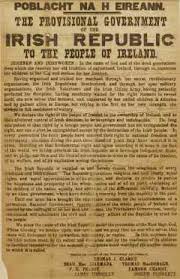1. Radical Histories / Histories of Radicalism - London - 30 June - 3 July 2016.

To commemorate the twentieth anniversary of the death of the socialist historian Raphael Samuel, along with the fortieth anniversary of the journal he helped to found, History Workshop Journal. A weekend of discussion, celebration and debate bringing together activists, community historians, students, teachers, writers, artists, practitioners of history, from inside and outside universities.
Talks, films, screenings, theatre, song, dance, walks and talks
Stands, exhibitions, caucuses, debates
THEMES INCLUDE What is radical history? ● History and radical struggle ● Utopianism, radical visions and visionaries ●Radical education ● Radical religion ● Gender and sexuality ● Race, ethnicity, and activism ● Radical London ● The politics of housing ● Radicalism and the university ● Radical arts and aesthetics ● Radical archives, radical publishing ● History online ● Oral history ● Protest movements ● Class, communities, labour history ● Local and global connections ● Peace activism
The conference takes place over three days, at Queen Mary University of London, with a pre-conference day event at Birkbeck.
http://www.raphael-samuel.org.uk/radical-histories/
2. Marxism 2016 - Ideas for Revolution - 30 June - 4 July, central London
Marxism 2016 is a five day political festival in central London. Last year’s event hosted over 165 meetings and brought together thousands of activists, trade unionists, students, writers and academics from across the globe. At Marxism 2016 there will be plenty to discuss. The election of Jeremy Corbyn poses new questions for the left. Marxism 2016 will explore the prospects of challenging austerity and taking on the Tories as well as the international experience of left alternatives and parties such as Syriza in Greece and Podemos in Spain. The refugee crisis looks set to continue, with horrendous consequences as winter deepens. Parliament’s decision to join the bombing of Syria has raised many questions that we will seek to debate at Marxism: from the Middle East, imperialism and war to resisting a racist backlash and Islamophobia here, from the role of nation states to the nature of the European Union. We will explore all of these issues as well as many others at Marxism 2016 including climate change, oppression, science, Palestine, economics and much more.
https://www.marxismfestival.org.uk/

